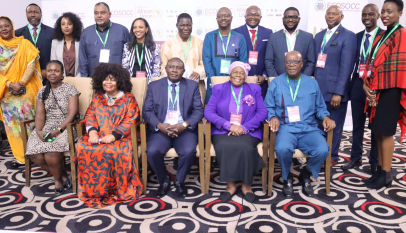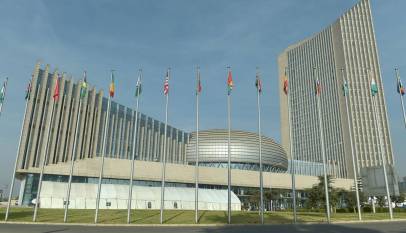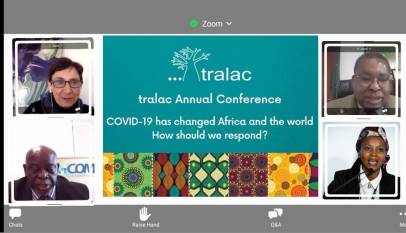AWAN-Afrika: Bridging the gender gap in Africa’s agripreneurship space
AWAN-AFRIKA’s first-ever continental conference provided a platform where African women in agribusiness discussed specific trade and market-related issues affecting their businesses as well as the advantages and opportunities presented to them by the new African Continental Free Trade Area (AfCFTA)
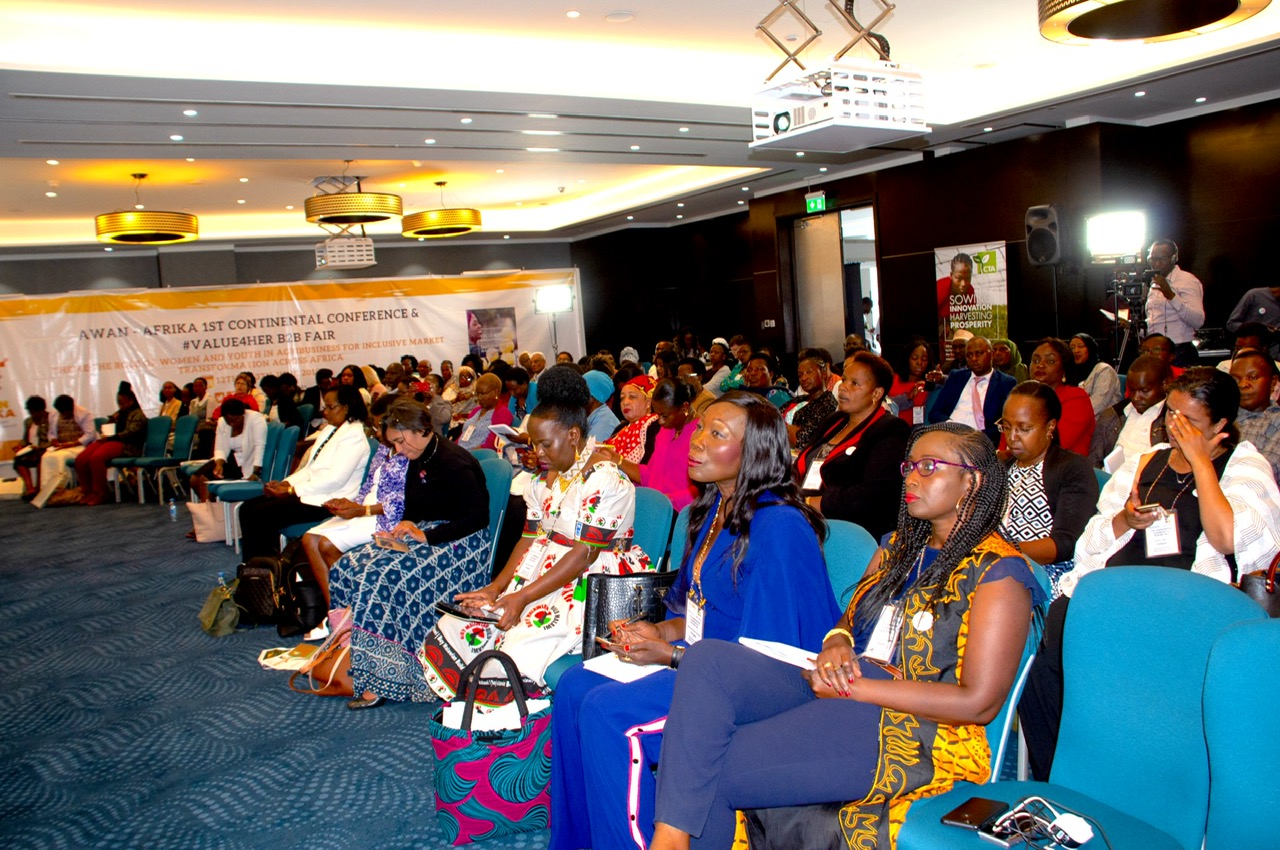
Although they play a very significant role in agriculture across its entire value chain, African women have always grappled with marginalization in terms of access to credits, inputs, extension services and more importantly, access to agricultural land. While they produce up to 80% of foodstuffs for household consumption and sale at local markets, women own barely 20% of Africa’s agricultural land, according to the World Bank and Food and Agricultural Organisation (FAO).
It was in recognition of the huge gender gap in land ownership in Africa that the African Union (in 2009) adopted the Declaration on Land Issues and Challenges on the occasion of the thirteenth ordinary session of the assembly of its Heads of States and Government, held in Sirte, Libya. The AU Declaration on Land reaffirmed its commitment “to poverty eradication with the view to raising the living standards of our peoples and the wellbeing of our future generations” while also recognizing “the centrality of land to sustainable socio-economic growth, development and the security of the social, economic and cultural livelihoods of our people.”
In 2016, on the sidelines of the twenty-seventh AU Summit themed: ‘Women’s Rights, Human Rights,’ which recognized the member states of Algeria, Rwanda, South Africa and Tunisia as best-performing in promoting women’s rights and gender equality across political, social and economic spheres, the Land Policy Initiative was launched by the trio of the African Union Commission (AUC), the UN Economic Commission for Africa (ECA) and the African Development Bank (AfDB).
The Initiative is a campaign aimed at attaining 30% documented allocation of land for African women by 2025 towards facilitating women’s economic empowerment, a key driver of Africa’s economic transformation effort and major prerequisite for the realization of the women’s economic empowerment, ending poverty and hunger targets of AU’s Agenda 2063: The Africa We Want; the Sustainable Development Goals (SDGs) as well as the 2014 AU Malabo Declaration on Accelerated Agricultural Growth And Transformation for Shared Prosperity And Improved Livelihoods.
It was against this premise that 160 women from across 21 African countries including women less than 30 years of age, congregated at Nairobi, the Kenyan capital, June 12 to 13. It was the maiden continental conference of the African Women Agribusiness Network Afrika (AWAN-AFRIKA) themed: “The Role of Women and Youth in Agribusiness for Inclusive Market Transformation across Africa,” held in the context of the Africa Continental Free Trade Agreement (AfCFTA). Adopted by the AU in March 2018 before coming into force on May 30, 2019, AfCFTA is an ambitious trade agreement focused on creating a single “continental market for goods and services, with free movement of business persons and investments.”
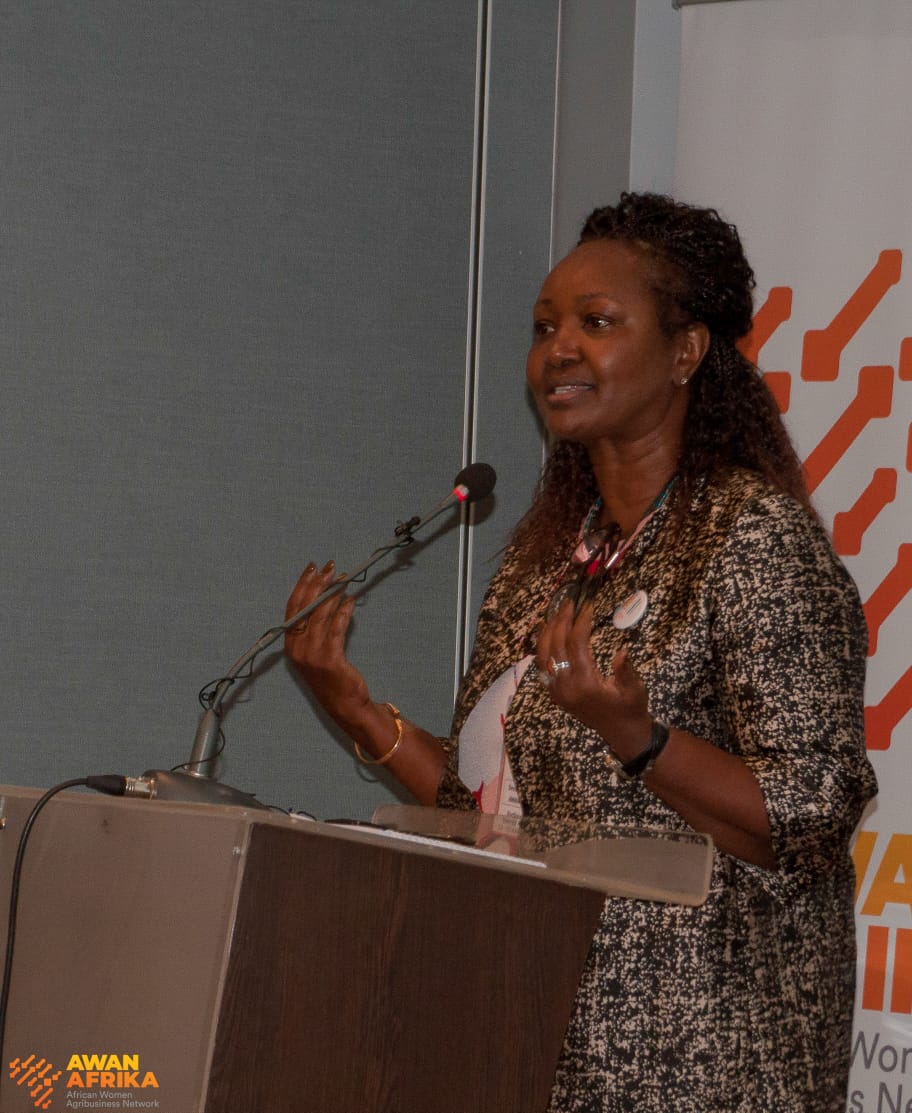
Founded in 2003, AWAN-AFRIKA is a nonprofit whose vision is to create a platform for African women in agribusiness to access market, trade information and finance so as to become significant players in global trade.
The objectives of AWAN-AFRIKA’s first-ever conference was providing a platform for African women in Agribusiness to discuss specific trade and market-related issues affecting the conduct of their businesses as well as the advantages and new market opportunities presented to them by the African Continental Free Trade Area. It also offered the women agriprenuers a platform for business-to-business (B2B) transaction aimed at connecting women businesses with producers, aggregators, brokers, processors, exporters, agri-tech companies, and investors, among other value chain actors.
Therefore, continental conference featured master-classes on topics as varied as Financial Inclusion; Market Access and Trade Facilitation; Quality Assurance and Quality Control as well as hackathon sessions on Design Thinking for Agri-Tech; Business -2-Business (B2B) Fair as well as the launch of #Value4HerConnect. A brainchild of the trio of AWAN-AFRIKA, the Technical Centre for Agricultural and Rural Cooperation (CTA) and the African Women in Entrepreneurship Fund (AWIEF), #Value4HerConnect is the first African digital platform offering women agriprenuers market intelligence, price information, market access and financial support.
While delivering the conference’s opening remarks, Prof Hamadi Boga, the Principal Secretary at the State Department for Agricultural Research in Kenya’s Ministry of Agriculture, Livestock, Fisheries and Irrigation, said the role of women and youths was pivotal in agricultural development hence it could not be overemphasized. “Identification of preferential entry segments for women’s and youth’s active participation in gainful and attractive agribusiness will therefore ensure their effective contribution in agricultural development,” said Boga whose remarks were read by Ms Jancinta Ngwiri .
“Women produce 60-80% of the world’s food; carry out 10% of basic food processing and 60-90% of the marketing. They prepare most of the meals in any household and contribute significantly to Sustainable Development Goal Two (SDG 2) – Zero Hunger. There is need to focus on a gender inclusive agricultural value chain that addresses food insecurity and gender equality by increasing the proportion of women and youth generating income from agribusiness,” he said.
He also called for the need to ensure optimal utilization of the potential of African youths in contributing to the goals of achieving food and nutrition security, income generation, decent employment and wealth creation adding that a greater sense of awareness of the benefits that could be derived from the practice of agriculture as business and career, including opportunities for greater market engagement and innovation, needed to be built among young people.
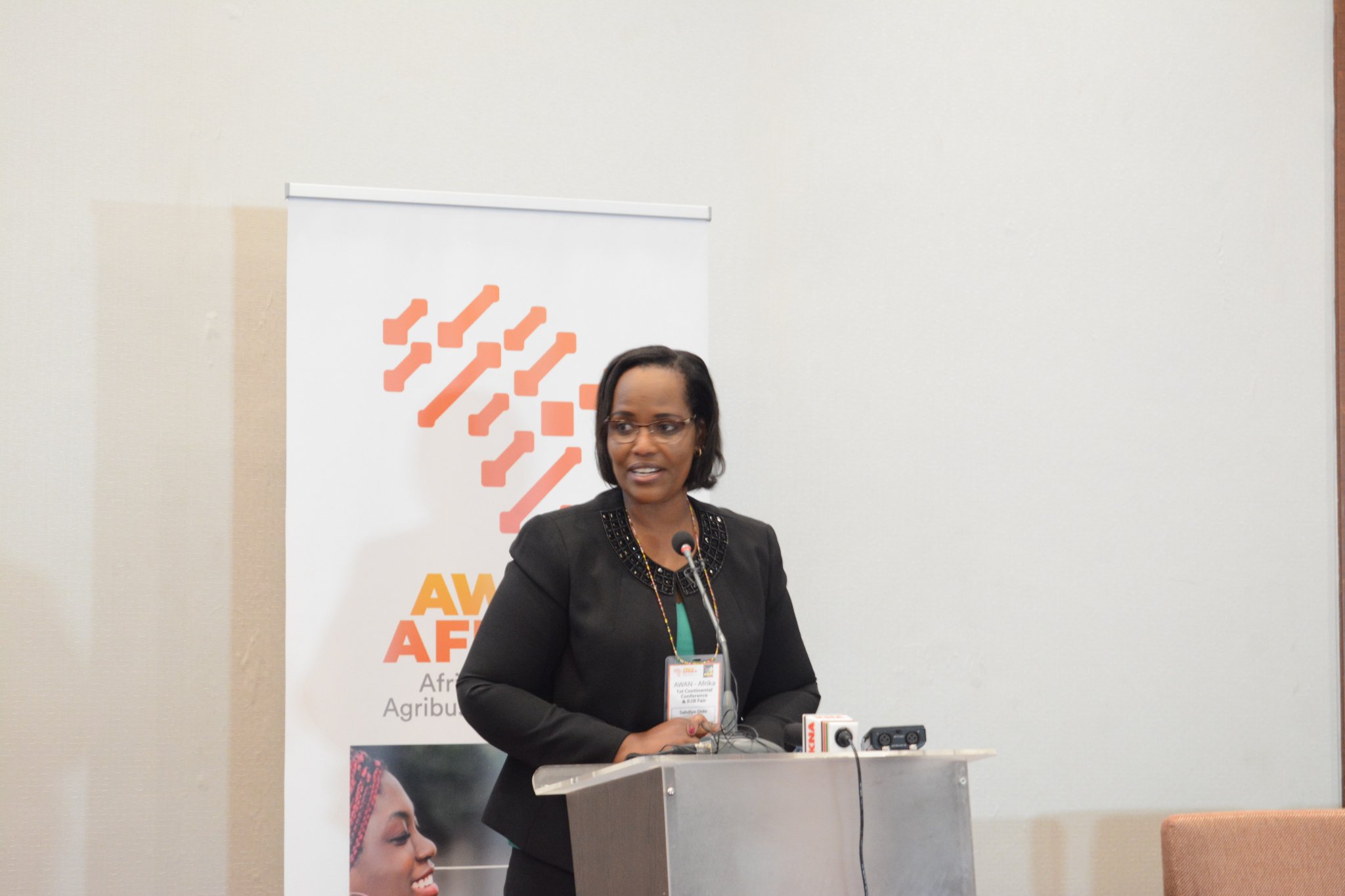
Also speaking during the opening of the conference, Dr Chris Kiptoo, the Principal Secretary in charge of State Department of Trade at Kenya’s Ministry of Industry, Trade and Cooperatives said the ratification of AfCFTA had come with both opportunities and challenges for women agriprenuers, to do with finalization of mechanisms such as arbitration, rules of origin, and lack of adequate infrastructure for intra-African trade on the continent.
“After July this year, traders across Africa will be able to make use of preferential trading arrangements offered by the agreement establishing the African Continental Free Trade Area. I wish to congratulate AWAN-AFRIKA on the launch of the first intelligent digital platform for women in business in Africa and B2B meetings. The #Value4HerConnect digital platform is a very important step in digitizing agriculture and putting African women entrepreneurs on the global market. This will go a long way in enhancing women and youth trade and business opportunities especially in agribusiness. I [therefore] challenge delegates to take advantage of this platform to expand their businesses,” urged Kiptoo.
In a press statement issued June 14, AWAN-AFRIKA encouraged conference delegates from across the continent to leverage the #Value4HerConnect platform created by AWAN-Afrika and its partners to foster collaborations and expand their businesses in Africa and globally.
“Each participant walks away with a better understanding and references on where to find friendly financial institutions, new markets and routes, trading blocs and their rules and what it takes to do business with one another. Through design thinking, participants will innovate and understand how to creatively come up with new ideas on how to deal with challenges relating to their businesses,” the statement quoted AWAN-AFRIKA Executive Director Beatrice Gakuba, to have said.
According to the Food and Agriculture Organization Corporate Statistical Database (FAOSTAT), women, on average, comprise 43% of the agricultural labour force in developing countries. Yet, they often do not benefit as much from the business end of the value chain where there are the most opportunities for income generation, the statement added.
“This means that half of the population is missing out on the chance to fulfill their potential, maximise their earnings, and benefit from better prospects for them and their families,” the statement quoted Sabdiyo Dido Bashuna, Senior Technical Adviser in charge of Value Chains and Agribusiness at Technical Centre for Agricultural and Rural Cooperation (CTA); a co-organiser of the conference. “Not only this, but the economy is missing out on valuable contributions while producers could be overlooking key opportunities to reach new and bigger markets.”
The two-day maiden AWAN-AFRIKA conference was graced by representatives of AUC’s Commissioner of Rural Economy and Agriculture; Permanent Interstate Committee for Drought Control in the Sahel (CILSS); Alliance for a Green Revolution in Africa (AGRA) and the Kenyan government. There was also in attendance representatives of other African governments and policymaking institutions; Regional Economic Communities (RECs); farmers’ groups, and the private sector. Others were representatives of civil society organisations, knowledge and research institutions as well as donor community all of whom conveyed statements of support.
One of the major highlights of the conference was an award night recognizing the contributions, achievements and success stories of AWAN AFRIKA members towards the development of the agribusiness value-chain in Africa. Individual women agriprenuers and their businesses from countries such as Uganda, Namibia, Somalia, and Kenya received awards across the following categories: AWAN-Under30, Blue Economy, Resilience and Commitment, Leadership. A special “Mama #VALUE4HER” award went to Ms Sabdiyo Dido Bashuna, the Senior Technical Adviser in charge of Value Chains and Agribusiness at CTA, “for her inspiration and leadership in ensuring women and youth reap the benefits from Agribusiness.”




